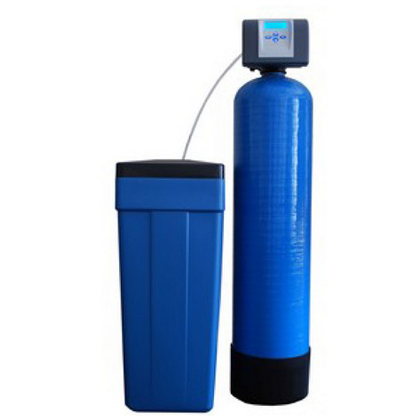
Reduce scale
Filpumps softeners remove high levels of calcium and magnesium (scale) from your water and are often used in conjunction with other Filpumps water treatment systems to provide a total water solution. Filpumps can help you chose the best system for your water.
Effects of Hardness (Scale)
An automatic ion exchange water softener will remove hardness from the water which in turn saves money. Typical industrial applications include central heating protection, boiler feed water, car wash systems, RO pre – treatment, catering systems, cleaning applications, the retail sector and the electronics industry.
Hardness occurs because rain water percolates through chalk as it soaks through the ground. Chalk is made from calcium and magnesium minerals and some of these dissolve into water.
There is no legal limit specified in the 2010 private water regulations although the lower the hardness (calcium and magnesium minerals) the less likely scale formation will occur.
Sediment and particles in treatment and distribution systems can also interfere with the efficiency of UV disinfection by coating treatment units. They can also affect the taste and smell of water and cause aesthetic problems including metallic taste and discolouration of water fittings and laundry.
How does it work?
The most common method of removing hardness (scale) is with an ion exchange resin. The hardness passes down through a softening resin where the scale is held. When no more scale can be held the resin needs regenerating by backwashing with a concentrated solution of salt (brine).
Simplex (one) and duplex (two) systems are available. Your water treatment expert can help you decide which is best for your application. Typically simplex systems are simpler but duplex systems are used when soft water must be guaranteed 24/7